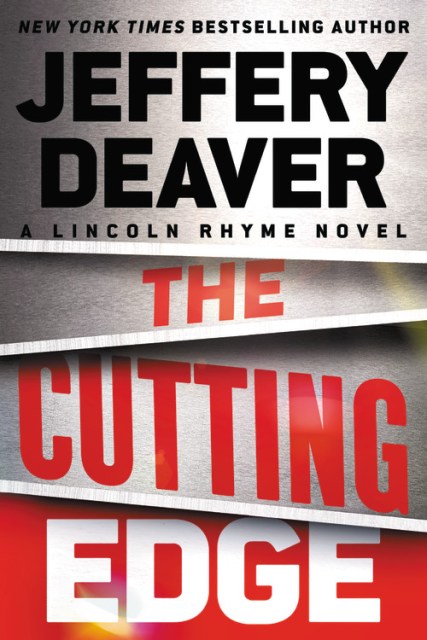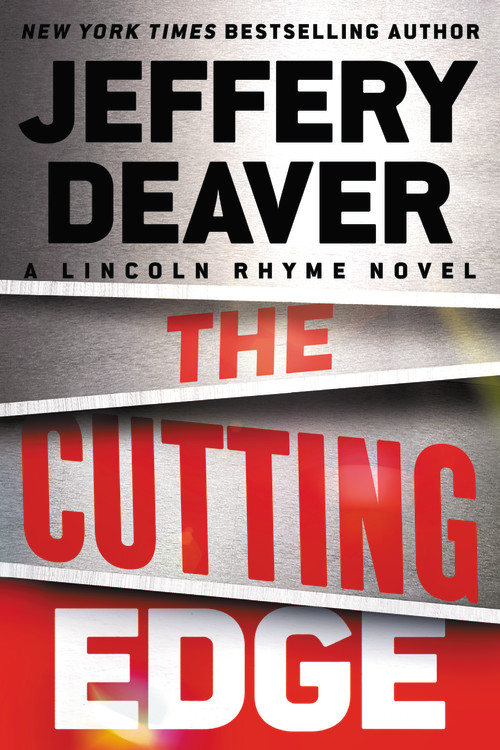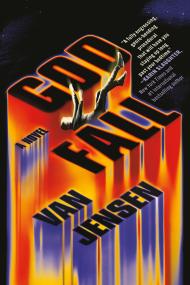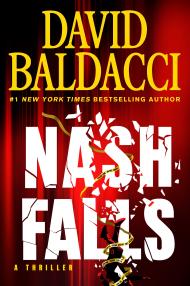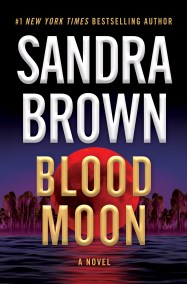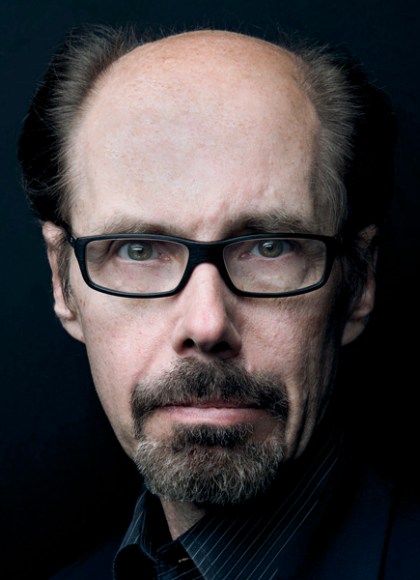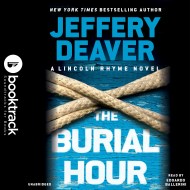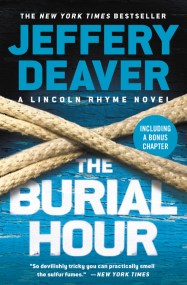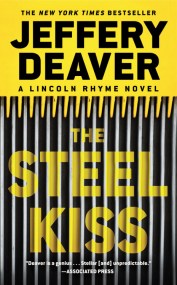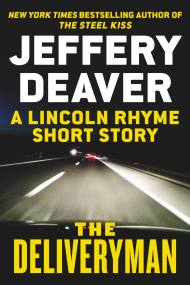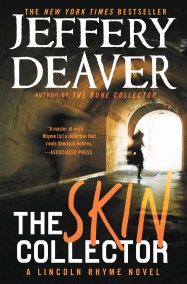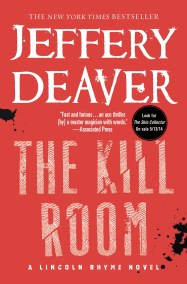By clicking “Accept,” you agree to the use of cookies and similar technologies on your device as set forth in our Cookie Policy and our Privacy Policy. Please note that certain cookies are essential for this website to function properly and do not require user consent to be deployed.
The Cutting Edge
Contributors
Formats and Prices
- On Sale
- Nov 13, 2018
- Page Count
- 448 pages
- Publisher
- Grand Central Publishing
- ISBN-13
- 9781538731840
Price
$15.99Price
$20.99 CADFormat
Format:
- Trade Paperback $15.99 $20.99 CAD
- ebook $9.99 $12.99 CAD
- Audiobook Download (Unabridged)
This item is a preorder. Your payment method will be charged immediately, and the product is expected to ship on or around November 13, 2018. This date is subject to change due to shipping delays beyond our control.
Buy from Other Retailers:
In the early hours of a quiet, weekend morning in Manhattan’s Diamond District, a brutal triple murder shocks the city. Lincoln Rhyme and Amelia Sachs quickly take the case. Curiously, the killer has left behind a half-million dollars’ worth of gems at the murder scene, a jewelry store on 47th street. As more crimes follow, it becomes clear that the killer’s target is not gems, but engaged couples themselves.
The Promisor vows to take the lives of men and women during their most precious moments–midway through the purchase of an engagement ring, after a meeting with a wedding planner, trying on the perfect gown for a day that will never come. The Promisor arrives silently, armed with knife or gun, and a time of bliss is transformed, in an instant, to one of horror.
Soon the Promiser makes a dangerous mistake: leaving behind an innocent witness, Vimal Lahori, a talented young diamond cutter, who can help Rhyme and Sachs blow the lid off the case. They must track down Vimal before the killer can correct his fatal error. Then disaster strikes, threatening to tear apart the very fabric of the city–and providing the perfect cover for the killer to slip through the cracks.
Series:
-
"Deaver's approach excels in THE CUTTING EDGE, the 14th novel to feature Lincoln and his assistant, Amelia Sachs... Deaver keeps the level of suspense high as he also examines the gem trade and takes readers on an insider's tour of New York City. Deaver's intelligent characters show their mettle as the twists mount."Oline Cogdill, South Florida Sun-Sentinel
-
"Stellar... The tension rises [and] Deaver keeps the twists and surprises coming in this roller-coaster ride of a thriller."Publishers Weekly (starred review)
-
"Deaver is at his graciously cruel best in THE CUTTING EDGE. [His] singular flair for ghastly irony is on full display. Sympathetic characters... Deaver seduces us."Marilyn Stasio, New York Times Book Review
-
"Incredible...Deaver delivers another explosive book in the series...Deaver is a master...It will be no surprise to see THE CUTTING EDGE appear on many lists for being the best book of the year."Suspense Magazine
-
"Huge twists ... classic Deaver... gripping and terrific."Jeff Ayers, Associated Press
-
"The tale is replete with Deaver's trademark twists and turns."Daily Mail (UK)
-
"Deaver brings it all together and after drawing in the readers, delivers twist after twist, never letting up until the final chapter. Even then, he gives you a smack in the mouth. It is really top-drawer writing."Shots Magazine
-
"The nerve-jangling resolution of Deaver's latest chiller is as sparkling as any of the gems at the centre of The Cutting Edge, but he also manages in the final couple of pages to deliver one of the most vertiginous cliff-hangers any fan of the Lincoln Rhyme stories could ever wish for."The Independent (Dublin)
-
"Huge twists ... classic Deaver... gripping and terrific."p.p1 {margin: 0.0px 0.0px 0.0px 0.0px; font: 12.0px Helvetica}span.s1 {font-kerning: none}Jeff Ayers, Associated Press
Newsletter Signup
By clicking ‘Sign Up,’ I acknowledge that I have read and agree to Hachette Book Group’s Privacy Policy and Terms of Use
